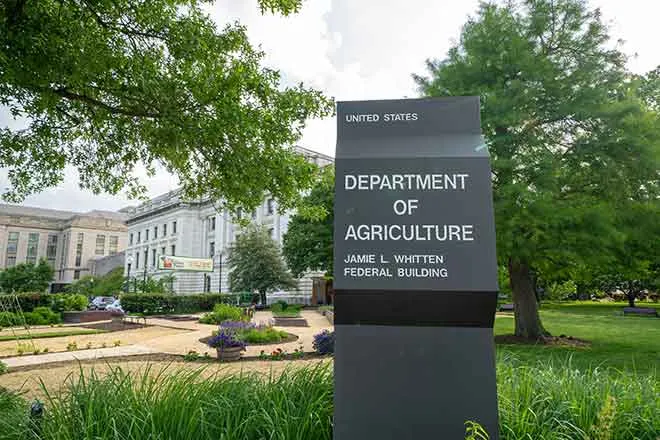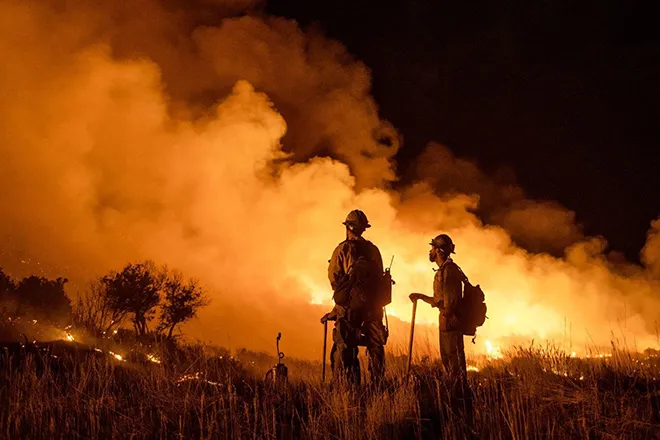
Opinion: On first generation student success
Of all the people I’ve worked with at Colorado State University, few embody the spirit of the land grant university like Paul Thayer. Soft-spoken and gentle, Paul is also an incredibly strong and persuasive person who always seems to use those powers for good. He is the exact opposite of whatever it means to be self-promotional. Instead, he has a gift for looking into other people, seeing their potential, and coaxing them into believing in themselves as much as he does.
Paul spent his career at CSU, knocking down obstacles and opening doors for students to enter in. He knew it was within his power to help them, even if it required him to push for systemic and cultural change. He retired as our associate vice president for student success in 2016, but there are educators, professionals, and community leaders all over Colorado who will tell you they owe a share of their success to Paul Thayer and his belief that they belonged and deserved to be in college.
Thanks largely to his leadership, CSU became the first university in the country to offer scholarships to First Generation students in 1984. The CSU model he helped create became the model that other universities around the country followed.
First Gen students are those who weren’t raise by a parent with a bachelor’s degree. Today, they are the most rapidly growing student demographic and include many students of color, veterans, and rural students. They are the future of higher education, and as Paul would tell us, we need to do better by them.
And we know they need help. These students attend college at lower rates, and when they do attend, they graduate far less often – with a failure rate more than double that of those whose parents graduated college. These students borrow more and are forced to default on their loans more often than non-First Generation students.
Universities like CSU can be rightly proud of their support for First Generation students. But we also need to remember that providing access to education without also taking the steps needed to assure the success of these students is a cheat … an illusion. It is beneath what we should expect of ourselves, and what Colorado should expect from its universities. Scholarships to attend are just the first step and must be paired with a robust menu of supportive services including mentorship, tutoring, connections, and high expectations.
Today, at CSU Pueblo, about 1,100 students – 44 percent of the total resident student population – are First Generation, and they have a track record of graduating at a higher rate than the student body as a whole. At CSU Global, our online university, 68 percent of our current students are First Gen. At CSU Fort Collins, more than 5,600 students are First Generation, about 25 percent of our total student population, and the graduation gap between these students and majority students at CSU is less than half the national average – but there’s still a gap.
And as long as there’s any gap, we have work to do. Additional support for First Gen students should be a part of how we, as a society, fund higher education because we know the success of First Generation students does, in fact, improve with resources that fund programs that are proven to help them graduate. As an example, at CSU, we are able to pair some First Generation Students with a Scholar Contact – a faculty or staff member who is there to answer questions and provide individualized support. Often, these Scholar Contacts were once First Generation students themselves, who know firsthand how disorienting and frightening it can be to travel a road that no one in your family has previously walked.
This type of support takes time, and it takes funding. We would like to be able to offer this support to every First Generation student because it has a real impact on whether they leave with a diploma in hand.
By the time a First Generation student applies to college, many of them have already had a lifetime of overcoming obstacles. They’ve charted a course for academic success, and we should do everything in our power to help them realize it. It’s absolutely the moral thing to do, and it’s within our power.















